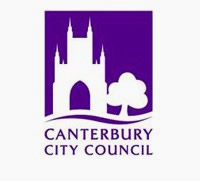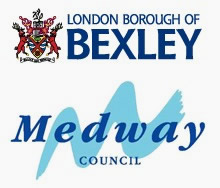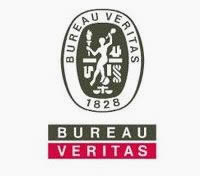Alcohol and Cancer
02/02/2010
Cancer experts say that alcohol can contribute to seven cancer types at least, if not more.
They warn that anyone who drinks alcohol runs some cancer risk, even if they’re only drinking small amounts. People do not have to be drinking to excess each night to be exposed to a risk of alcohol-related cancers.
It is believed that both smoking and drinking increases the cancer risk further. When used together, it’s easier for cancer-causing chemicals to penetrate the mouth.
Alcohol can contribute to the development of cancers such as:
- Mouth cancer
- Liver cancer
- Pharyngeal cancer (upper throat)
- Laryngeal cancer (voice box)
- Bowel cancer
- Breast cancer
- Oesophageal cancer (food pipe
Research suggests that alcohol contributes to 6% of UK cancer deaths per year – around 9,000 people.
Cigarettes and alcohol are understood to cause most cancers relating to the mouth and food pipe. As drinking levels have risen in recent years, so have cancer levels.
The higher your drinking levels, the higher the risk of developing cancer. Drinking within the recommended unit levels (two per day for women, three to four per day for men), your cancer risks are lessened but not removed completely. Women can’t drink as much as men as their bodies can’t process alcohol as easily.
Cancer risks are not affected by the type of alcohol that is drunk – it doesn’t make a difference whether you drink beer, wine or spirits.
Binge drinking does contribute to health issues but cancer experts believe that it does not necessarily increase the cancer risks – the risk is the same if drinking is spread over a long period of time or all drunk at once.
For overall health reasons, binge drinking is strongly discouraged.

























